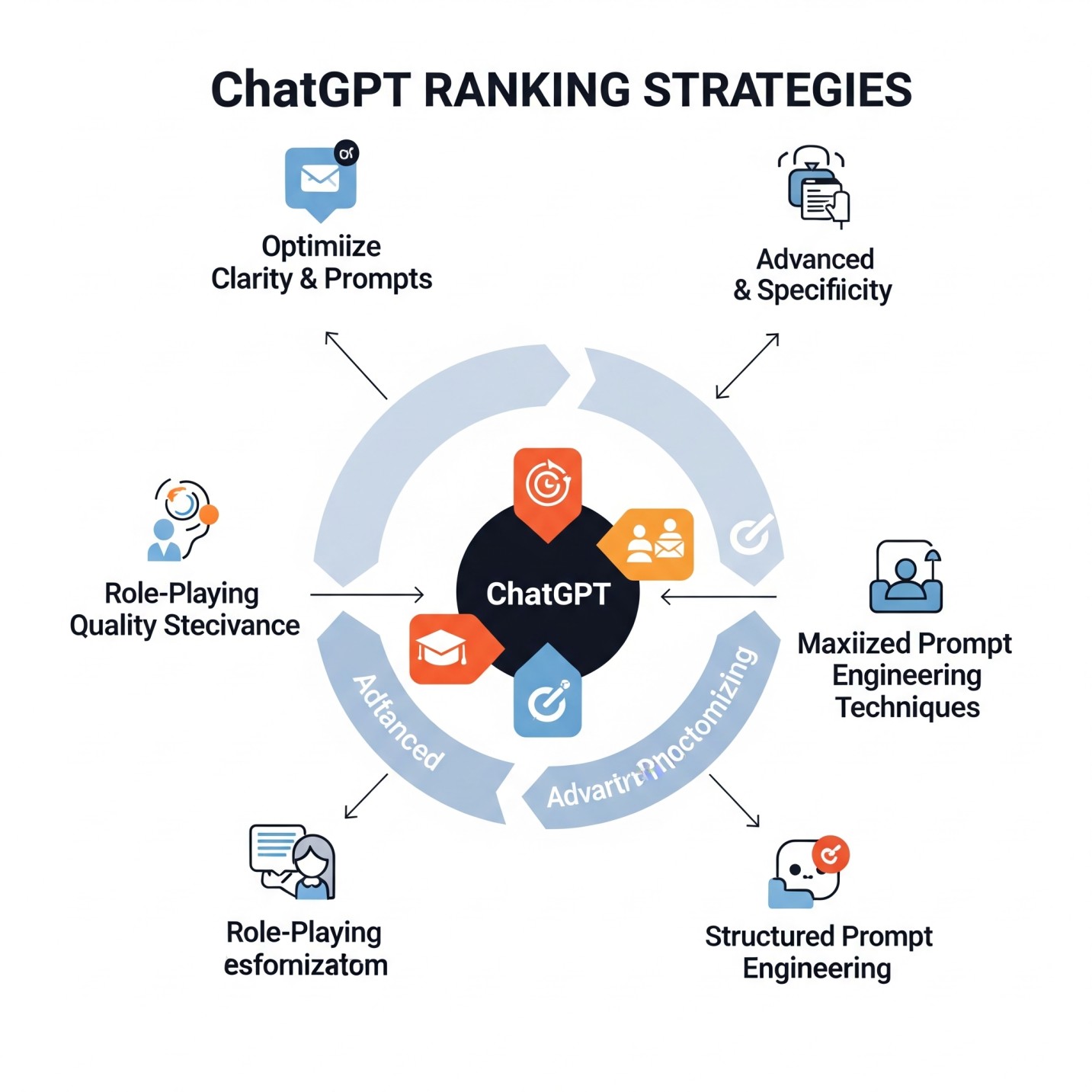In today’s digital-first world, potential clients often turn to Google before they pick up the phone to call a lawyer. If your law firm’s website isn’t ranking near the top of search results, you may be losing valuable leads to competitors. SEO for lawyers isn’t just about sprinkling keywords on a page—it’s about building a comprehensive strategy that positions your firm as a trusted authority while driving consistent, high-quality traffic.
Why SEO Matters for Law Firms
The legal industry is one of the most competitive sectors online. Every city has dozens—if not hundreds—of attorneys competing for visibility across practice areas like personal injury law, family law, criminal defense, corporate law, and more.
Well-executed SEO enables your law firm to:
-
Increase Visibility: Appear in front of potential clients when they search for legal help.
-
Build Trust & Authority: High rankings often equate to perceived credibility.
-
Generate Consistent Leads: Organic search brings in long-term, cost-effective traffic compared to paid ads.
Core Elements of SEO for Lawyers
While the fundamentals of SEO apply to all industries, lawyers need a specialized approach due to the competitive nature and local focus of the field.
Keyword Research With Legal Intent
Go beyond generic keywords like “lawyer” or “attorney.” Instead, target specific and intent-driven phrases such as:
-
“Divorce lawyer in [city]”
-
“Best criminal defense attorney near me”
-
“Business contract lawyer fees”
Tools like SEMrush, Ahrefs, or Google Keyword Planner can help refine your keyword list. Focus on location-specific keywords to capture local clients.
On-Page Optimization
Your law firm’s website should be structured and optimized for both users and search engines:
-
Title Tags & Meta Descriptions: Include practice area + city (e.g., Personal Injury Lawyer in Houston).
-
Service Pages: Create dedicated, well-structured service pages for each area of law you handle.
-
Schema Markup: Use legal business schema to help Google understand your services.
-
Content Clarity: Legal content should be written in clear, client-friendly language rather than dense legal jargon.
Local SEO for Lawyers
Since most law firms serve specific regions, local SEO is critical:
-
Claim and optimize your Google Business Profile.
-
Ensure NAP Consistency (Name, Address, Phone) across all directories.
-
Acquire local backlinks from community organizations, local press, or bar associations.
-
Encourage satisfied clients to leave positive reviews on Google and legal directories.
Advanced Content Marketing
Content is the foundation of SEO. Go beyond generic blog posts:
-
Legal Guides & FAQs: Answer common legal questions in detail.
-
Video Content: Record short Q&A sessions on frequently asked topics.
-
Case Studies: Share anonymized success stories that highlight expertise.
-
Evergreen Resources: Create long-form guides (e.g., Step-by-Step Guide to Filing for Divorce in [State]).
This not only drives organic traffic but also builds trust with readers.
High-Authority Link Building
Backlinks remain one of Google’s strongest ranking factors. As a lawyer, you can build authority with:
-
Guest posting on legal blogs or news sites.
-
Getting listed in legal directories (Avvo, Justia, FindLaw).
-
Partnering with local businesses and organizations for mentions.
-
PR campaigns (e.g., publishing commentary on high-profile cases).
Technical SEO & User Experience
Beyond content and links, make sure your site is technically sound:
-
Mobile-Friendly Design: Many clients search via their phones.
-
Fast Load Speed: A slow site can hurt ranking and conversion.
-
Secure (HTTPS) Website: Trust and security are vital in legal services.
-
Intuitive Navigation: Ensure clients can find practice areas, attorney bios, and contact info easily.
Tracking & Analytics
Advanced SEO isn’t complete without measurement:
-
Track calls, form submissions, and live chat conversions.
-
Use Google Analytics & Search Console to monitor performance.
-
Adjust strategy based on what keywords and content are bringing in quality leads.
Future Trends in SEO for Lawyers
To stay ahead, law firms should prepare for:
-
AI-driven search (Google’s Search Generative Experience).
-
Voice search optimization (“Hey Google, find me a lawyer near me”).
-
Video-first search results with platforms like YouTube playing a bigger role.
-
E-E-A-T Signals (Experience, Expertise, Authoritativeness, Trustworthiness)—critical for professional services like law.
Ranking higher in search results isn’t about quick fixes—it’s about building a long-term, advanced SEO strategy tailored to the legal field. By focusing on local SEO, rich content marketing, technical improvements, and continuous performance tracking, your law firm can consistently attract new clients and stand out in competitive markets.








